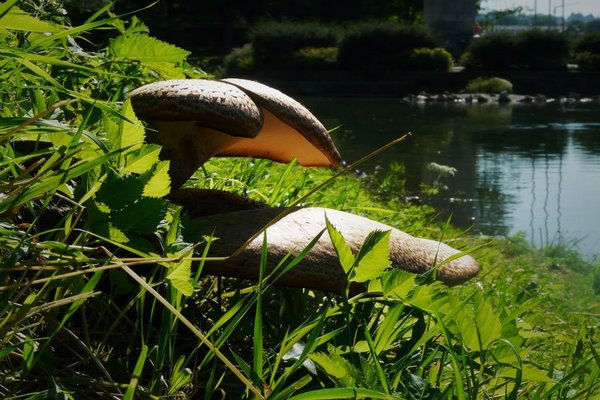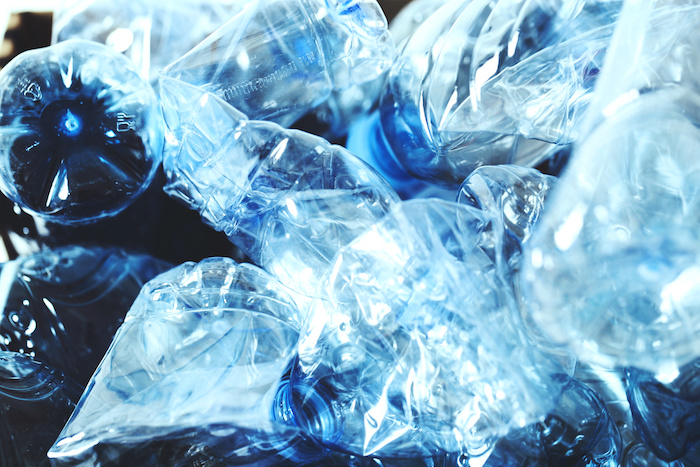On an expedition to the Ecuadorian rainforest, Yale students discovered a new type of fungus which may speed up the decomposition process of discarded plastics in landfills. Currently, Americans discard about 33.6 million tons of plastic each year. Only 6.5 percent of it is recycled and 7.7 percent is combusted in waste-to-energy facilities, which create electricity or heat from garbage. In result, there is a massive amount of non-biodegradable materials being tossed into landfills with a wait of about 1,000 years or so before they decompose. What’s worse, many of these materials may leak pollutants into the soil and water. The fungus is the first one that is known to survive on polyurethane alone, and it can do so in an anaerobic (oxygen-free) environment, suggesting it could be used at the bottom of landfills.
Continue reading... →In a bold move toward pollution control, San Francisco has just become the first city in America to ban the sale of plastic water bottles, a move that is building on a global movement to reduce the huge amount of waste from the billion-dollar plastic bottle industry. Over the next four years, the ban will phase out the sales of plastic water bottles that hold 21 ounces or less in public places. Waivers are permissible if an adequate alternative water source is not available. One of the larges supporters of the proposal was the Think Outside the Bottle campaign, a national effort that encourages restrictions of the “eco-unfriendly product.” San Francisco’s ban is less strict than the full prohibitions passed in 14 national parks, a number of universities and Concord, Mass. Violators of the ban would face fines of up to $1,000. Joshua Arce, chairman of the Commission on the Environment, said the ban is “another step forward on our zero-waste goal.” The City wants to have no waste going to its landfill by 2020. Its diversion rate now stands at 80 percent. Past efforts toward the goal included banning plastic bags and plastic-foam containers. “We had big public events for decades without plastic bottles and we’ll […]
Continue reading... →
